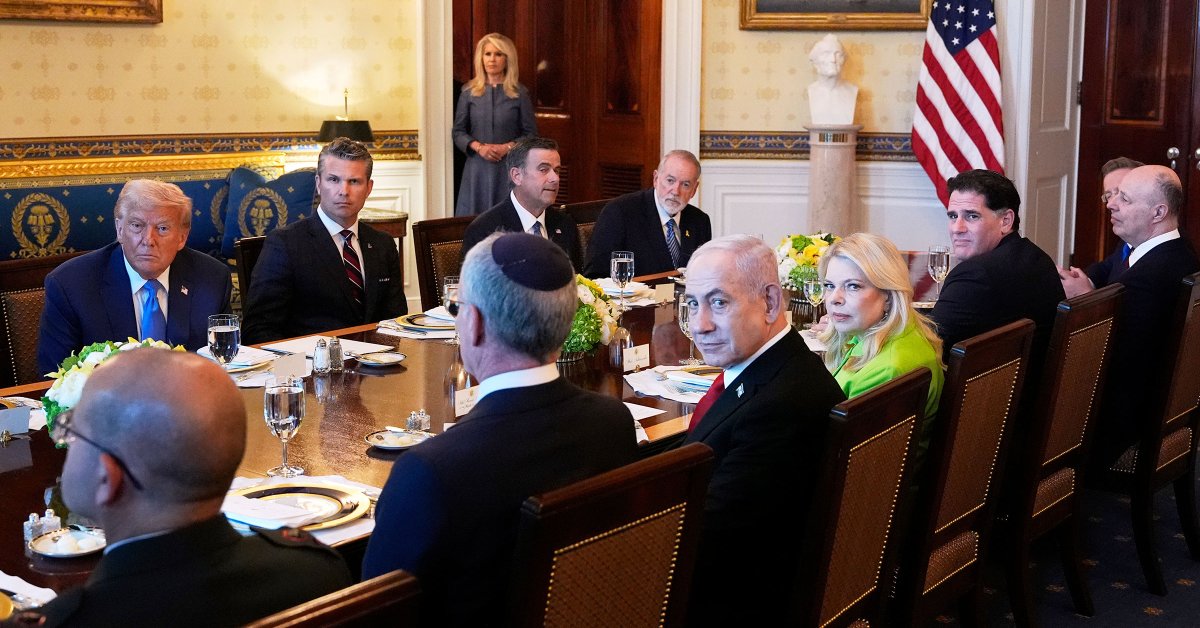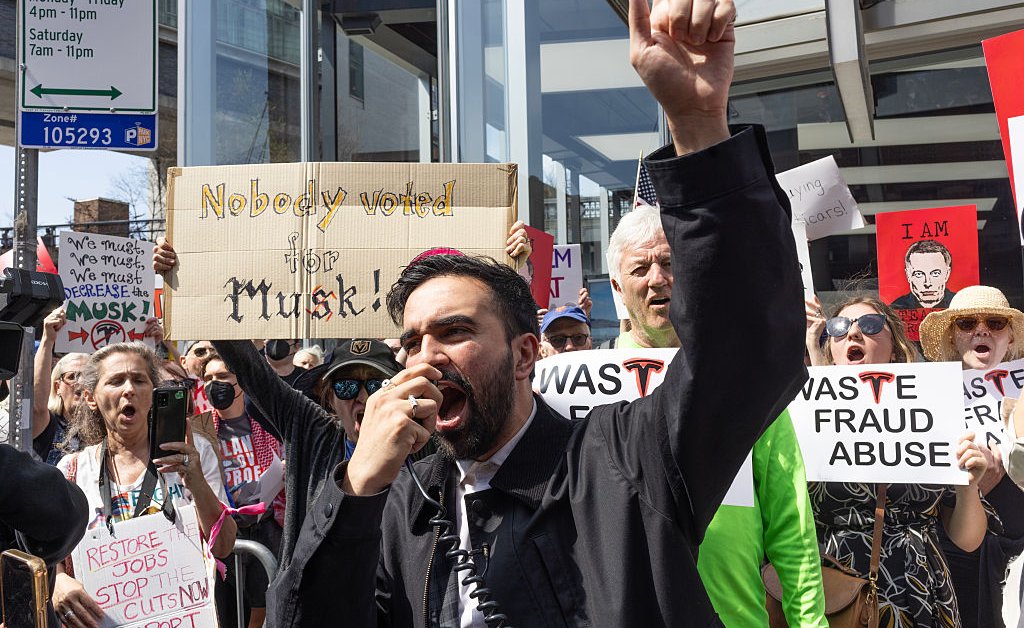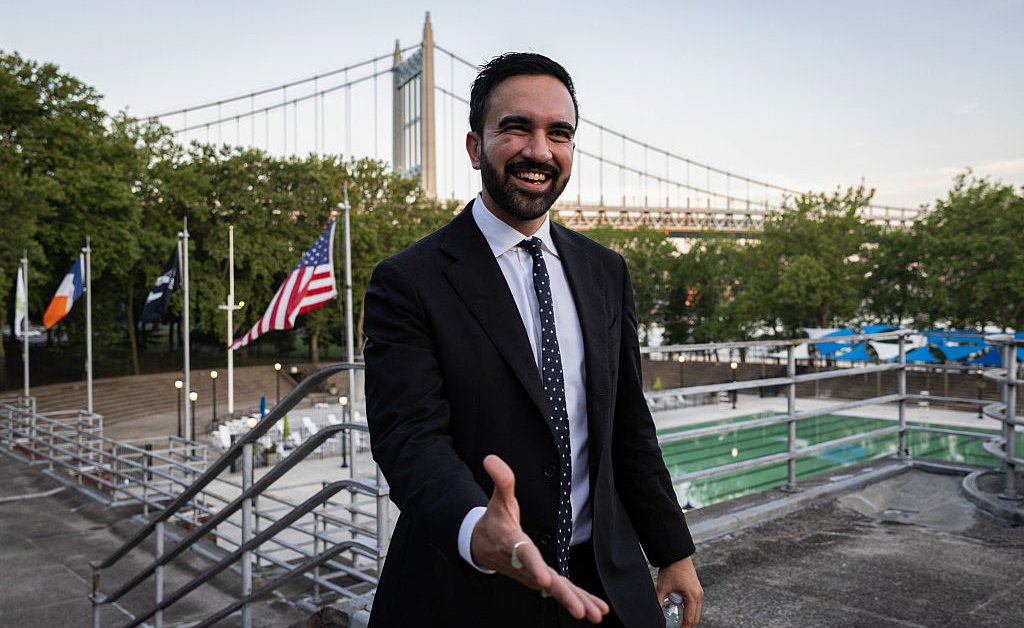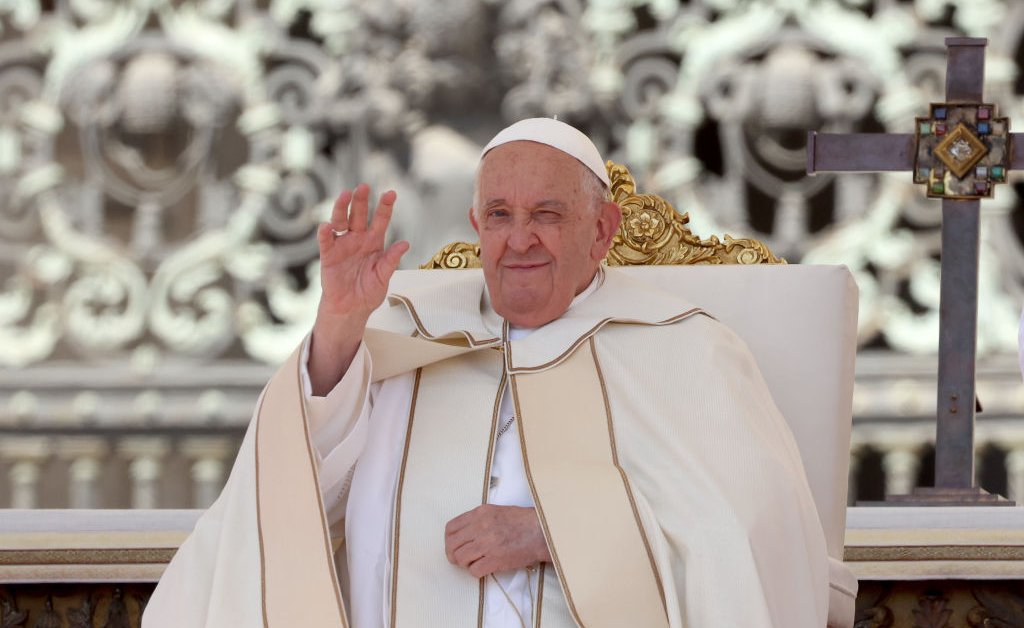When Benjamin Netanyahu visited the White House on Monday for his latest meeting with his American counterpart, he found himself in a place that once seemed improbable: back in Donald Trump’s good graces.
Trump invited Netanyahu to Washington after a volatile four-year stretch between the two. Trump left Washington in January 2021 infuriated with Netanyahu, bitter that the Israeli leader had backed out of a planned joint operation to assassinate an Iranian general and had congratulated Joe Biden on his election victory. When Trump returned, in January 2025, he came with a top agenda item that clashed with the Israeli premier’s: an end to the war in Gaza and an Iranian nuclear agreement.
Despite those differences, they now appear close. After 21 months of audacious Israeli attacks on Iranian assets, decapitating its regional terrorist proxies and launching a war against Tehran that, with U.S. help, degraded their nuclear program, Netanyahu can help Trump deliver something he desperately covets: foreign policy wins.
“We’re at a different moment in the Netanyahu-Trump relationship,” says Aaron David Miller, a veteran Middle East peace negotiator. On the campaign trail, Trump promised to resolve the Israel-Hamas war. Six months into his second term, the war continues. Now, he wants Netanyahu to accept a ceasefire and hostage-release deal, according to a White House official, that he could chalk up as a defining accomplishment.
For Netanyahu, who resisted pressure from the Biden Administration to wind down the war, it’s a hard proposition. After presiding over the worst security failure in Israel’s history when Hamas fighters stormed the country and slaughtered 1,200 people, he vowed to tear the terrorist group out of Gaza root and branch. Choosing the maximalist objective of dismantling Hamas’ military and governing capabilities, Netanyahu refused to scale back the Israeli bombardment of Gaza, despite the mounting civilian death toll, international condemnation, and frustration of the Jewish state’s most important ally. Many in Israel and abroad have suspected that Netanyahu was reluctant to end hostilities for fear of triggering snap elections that would result in his ousting.
But after engineering a new regional reality, the once vulnerable Prime Minister may now be positioned to pivot to an end game in Gaza. After Israel’s successful strikes on Iran, killing the nation’s military leaders and top nuclear scientists, Trump deployed B-2 bombers against three Iranian nuclear sites, providing an influential endorsement of Netanyahu’s approach with an Israeli public that mistrusts its Prime Minister. “This has been his lifelong ambition to do this,” says David Makovsky, a former State Department official in the Obama Administration. “But you almost feel that the Iran strike erased the mark of Caine on his forehead after Oct. 7.”
There’s another reason why the time may be right. The Knesset, Israel’s legislature, is soon to go on a three-month recess, making a two-month ceasefire more palatable to Netanyahu, who won’t have to fear that any concession will lead to the hard right orchestrating his downfall. Given Netanyahu’s fragile coalition, holding 64 seats in a 120-member parliament, he’s beholden to far-right cabinet members, such as Finance Minister Bezalel Smotrich and National Security Minister Itamar Ben Gvir, who can topple his government. The timing of Trump’s request removes that threat at least in the short-term.
Over the longer-term, the threat to Netanyahu may hinge on Trump’s demands for post-war Gaza, what Miller calls “Netanyahu’s nightmare.” Netanyahu has said he would not allow a reformed Palestinian Authority to take control of the coastal enclave, but Persian Gulf countries who may fund the strip’s reconstruction have insisted that Palestinian sovereignty would be a prerequisite for their support. Trump’s insistence on an end game of any sort could provide cover for Netanyahu, argues Shira Efron, the Israel Policy Forum’s research director. “It helps to deflect political pressure domestically,” she says.
It’s far from clear that Netanyahu will seize the opportunity. He will also face Trump’s demand to avoid escalating the conflict in Iran, not wanting to galvanize a protracted conflict with the U.S. involvement, while also working in tandem to prevent the Iranian regime from building a nuclear bomb.
Still, Netanyahu has surmounted obstacles few thought possible on Oct. 8, 2023. He has stayed in office despite the catastrophe that happened on his watch, he has crippled Israel’s most formidable adversary, and he has opened the door to a new Middle East. Most recently, Syria’s new president, Ahmed al-Shaara, has said he wants to forge a non-belligerence agreement with Israel.
“You’re dealing with the most ruthless, skillful Israeli politician,” says Miller. “He wants to stay in power more than anyone without comparison. You put all those three things together, plus a society that’s traumatized and moving to the right or center anyway, and it provides an environment in which he can survive.”
Taken together, it’s a complicated legacy. “Netanyahu will be remembered as both the person responsible for Oct. 7, but also the person responsible for all these other achievements that came afterwards,” says Efron. But now, everyone from Donald Trump to the Gulf monarchs to the average Israeli is waiting to see what he will do next.








